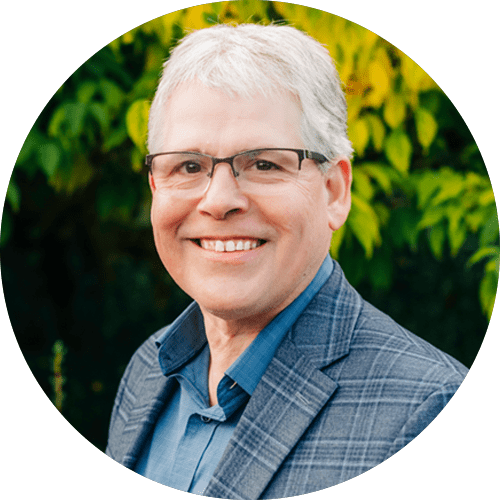Optimizing Social Security & Retirement Income
When deciding how to structure your retirement income, it’s essential to consider your lifestyle, your family’s unique needs, and the ways your decisions will impact your comprehensive financial plan.
Optimizing Social Security & Retirement Income
When deciding how to structure your retirement income, it’s essential to consider your lifestyle, your family’s unique needs, and the ways your decisions will impact your comprehensive financial plan.
Many of our clients have questions about how to optimize their Social Security and pension income in retirement, and there is no one-size fits all strategy. The goal is not simply to maximize your personal capital, but to ensure you’re able to enjoy your retirement and provide for your family in the way you want.
Whenever considering retirement income optimization we first construct a comprehensive financial plan. It’s important to understand the impact your retirement income elections will have on your other personal capital.
Social Security
You can begin taking your social security benefits as early as age 62 (earlier if you are on disability) or delay taking them until as late as 70 years of age. The longer you delay, the larger your payment will be. This is a very personal choice, and it’s important to consider your age, general health, other sources of income, and the needs of spouses and family members.
Pensions
If you are eligible for a pension, you may have the choice of taking a lump sum payment upon retirement or receiving a regular monthly payment. As with Social Security, it’s important to consider that your spouse may be eligible to continue receiving your benefits after your death.
SCENARIOS
Here are three scenarios in which we helped clients optimize their retirement income, and they demonstrate why the “right solution” may be very different depending on your goals and personal situation.

Seth & Laurie
Seth and Laurie decided to retire early. They elected to start retirement income as soon as possible at a reduced level. While their financial plan showed they’d potentially collect less retirement income over their projected lives, the ending value of their investment capital was not significantly reduced. The early income helped minimize withdrawals from their personal capital.
Jerry & Deana
When Jerry retired, he was concerned for Deana’s income beyond his life, as there was over a 10-year difference in age between them. Jerry elected to delay Social Security until age 70, because, after he passed, Deana would collect his Social Security and lose her own, and this would maximize the income she could collect for the remainder of her life.
Bill
When he retired, Bill elected a to take a lump sum rollover of his pension benefit to a personal IRA. His choice was driven by the fact that his wife was deceased, and spousal continuation options didn’t apply to his situation. His expenses were modest, and he preferred investing the lump sum pension to benefit his children who could inherit the IRA beyond his life, whereas the pension benefits would stop upon his death.
We’re here to help.
Your financial advisor can help you make this very personal choice by understanding your personal situation and goals, talking through all the different options, and showing you projections of how each decision will impact your savings and your financial plan.

“There is no one-size-fits-all strategy for how to structure retirement income.”
BRIAN MARS
President & COO, Senior Financial Advisor
KEY CONSIDERATIONS – SOCIAL SECURITY AND RETIREMENT INCOME
- Your personal goals around when you want to retire and the lifestyle you want to enjoy
- Your overall financial plan, including other potential sources of income beyond Social Security and pension
- Your age, health, and the projected lifespan your plan is built around
- Your goals for capital accumulation and depletion both during and after your life
- Your spouse and family and their financial situation, including your spouse’s own benefits and sources of income and how that might change beyond your life
- Your personal goals around when you want to retire and the lifestyle you want to enjoy
- Your overall financial plan, including other potential sources of income beyond Social Security and pension
- Your age, health, and the projected lifespan your plan is built around
- Your goals for capital accumulation and depletion both during and after your life
- Your spouse and family and their financial situation, including your spouse’s own benefits and sources of income and how that might change beyond your life

